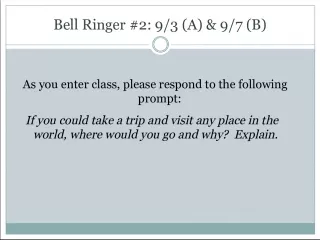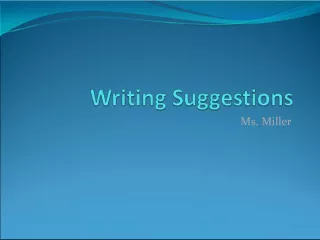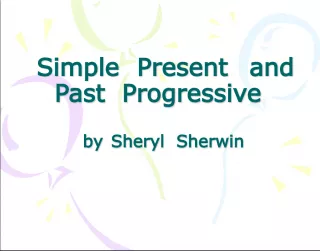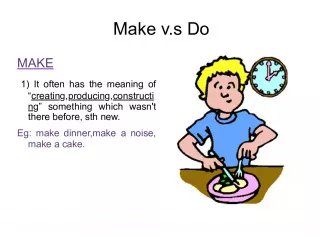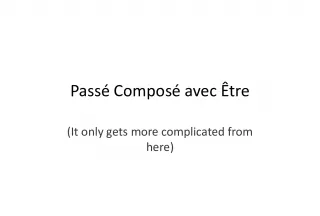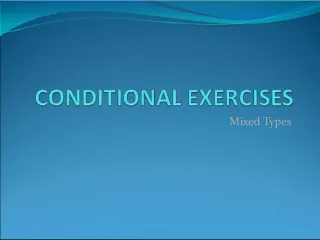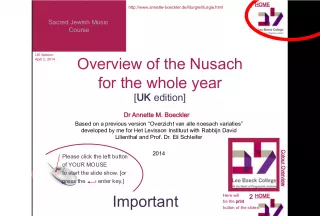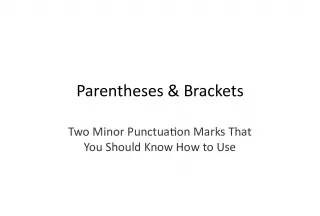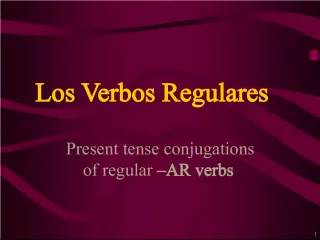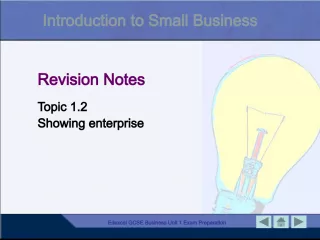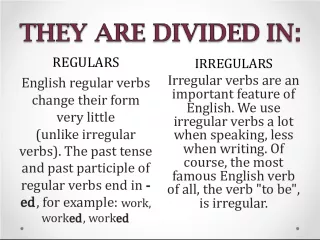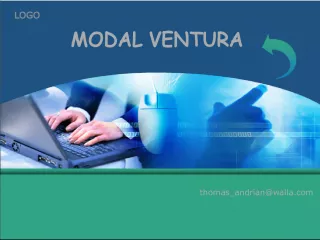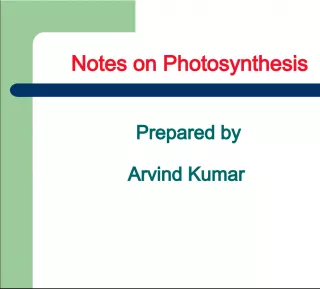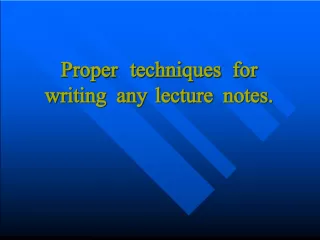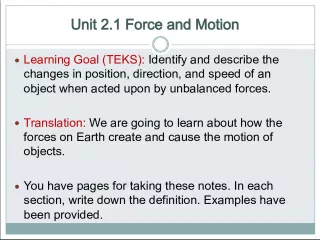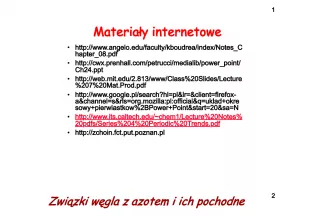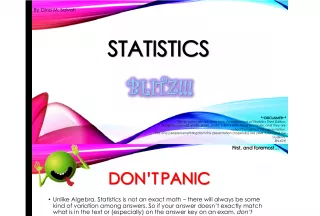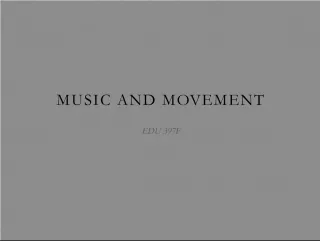Modal Verbs "May not" and "Might not" - Usage, Examples and Notes
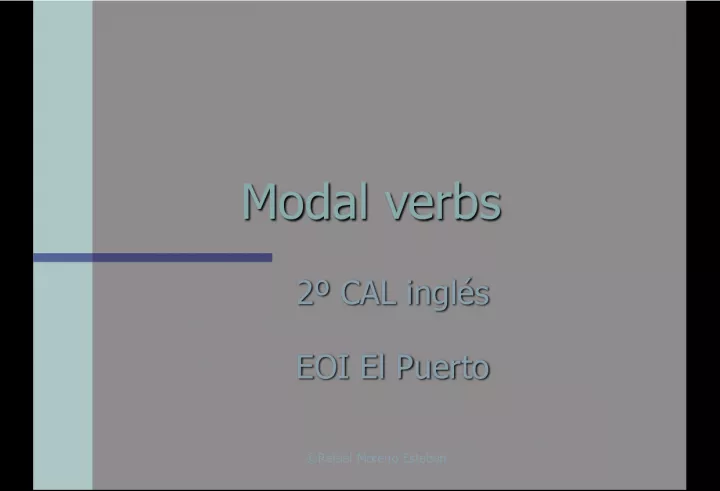

This article explains the usage of "may not" and "might not" in expressing possibilities and uncertainties. It includes examples and notes that help learners understand the difference between the two modal verbs.
- Uploaded on | 0 Views
-
 jayheller
jayheller
About Modal Verbs "May not" and "Might not" - Usage, Examples and Notes
PowerPoint presentation about 'Modal Verbs "May not" and "Might not" - Usage, Examples and Notes'. This presentation describes the topic on This article explains the usage of "may not" and "might not" in expressing possibilities and uncertainties. It includes examples and notes that help learners understand the difference between the two modal verbs.. The key topics included in this slideshow are modal verbs, "may not", "might not", usage, examples, uncertainties,. Download this presentation absolutely free.
Presentation Transcript
1. Rafael Moreno Esteban Modal verbs Modal verbs 2 CAL ingls 2 CAL ingls EOI El Puerto EOI El Puerto
2. Rafael Moreno Esteban May (not), might (not) +infinitive May (not), might (not) +infinitive Use Use Examples Examples Notes/Problems Notes/Problems To say what is possibly going to happen (but you arent sure) To say what is possibly going to happen (but you arent sure) Take your umbrella. It might rain. Take your umbrella. It might rain. Jane may not come tomorrow. Jane may not come tomorrow. (= its a possibility) NOT Its possible that it rains. (= its a possibility) NOT Its possible that it rains. (=maybe she wont come) (=maybe she wont come) Might and may are the same, but might is more common in spoken English Might and may are the same, but might is more common in spoken English
3. Rafael Moreno Esteban Modal verbs of obligation must/mustn't + infinitive Modal verbs of obligation must/mustn't + infinitive Use Use Examples Examples Notes/Problems Notes/Problems Use must : For obligation + For strong recommendation Use must : For obligation + For strong recommendation I must remember her birthday I must remember her birthday You must see that film You must see that film Must is especially used when the recommendation comes from the speaker. It is always stressed for strong recommendation Must is especially used when the recommendation comes from the speaker. It is always stressed for strong recommendation Use mustn't : When you want to say not allowed, you cant Use mustn't : When you want to say not allowed, you cant You mustnt park here. You mustnt park here. You mustnt miss the concert. You mustnt miss the concert.
4. Rafael Moreno Esteban Modal verbs of obligation have to/dont have to, should/shouldnt + infinitive Modal verbs of obligation have to/dont have to, should/shouldnt + infinitive Use Use Examples Examples Notes/Problems Notes/Problems Use have to : for obligation Use have to : for obligation You have to drive on the left. You have to drive on the left. I have to work on Saturdays. I have to work on Saturdays. Have to is especially used for laws, or general / external obligation Have to is especially used for laws, or general / external obligation Use dont have to : for no obligation / necessity Use dont have to : for no obligation / necessity I dont have to work on Saturdays. I dont have to work on Saturdays. Its free; you dont have to pay. Its free; you dont have to pay. (= its not necessary) (= its not necessary) NOT I mustnt go to work NOT I mustnt go to work Use should / shouldnt : for recommendation / advice Use should / shouldnt : for recommendation / advice You should drive more slowly. You should drive more slowly. You shouldnt eat so much. You shouldnt eat so much. You can also use ought to . E.g. You ought to drive more slowly You can also use ought to . E.g. You ought to drive more slowly
5. Rafael Moreno Esteban Modals of deduction must, might/could, cant + infinitive Modals of deduction must, might/could, cant + infinitive Use Use Examples Examples Notes/Problems Notes/Problems Use must to say that you are sure that something is (logically) true Use must to say that you are sure that something is (logically) true He must be out. All the lights are off. He must be out. All the lights are off. They must be Italian. Theyre speaking Italian. They must be Italian. Theyre speaking Italian. Dont confuse with must for obligation. The opposite of must be is cant be; NOT mustn't be Dont confuse with must for obligation. The opposite of must be is cant be; NOT mustn't be Use might/could to say that something is possibly true Use might/could to say that something is possibly true She might be working. Im not sure. She might be working. Im not sure. He might be at home or he might be at the gym. He might be at home or he might be at the gym. You can also use may instead of could. It is more formal. You can also use may instead of could. It is more formal. Dont use cant for possibilities. NOT He can be at home Dont use cant for possibilities. NOT He can be at home Use cant to say that something is impossible Use cant to say that something is impossible It cant be true! I dont believe it. It cant be true! I dont believe it. They cant be in New York! I saw them this morning. They cant be in New York! I saw them this morning. NOT couldn't be NOT couldn't be
6. Rafael Moreno Esteban Online exercises Online exercises Modal Exercise 1 can, could, have to, must, might and should Modal Exercise 1 can, could, have to, must, might and should Modal Exercise 2 have to and must Modal Exercise 2 have to and must Modal Exercise 3 might, must, should, could, have to and ought to Modal Exercise 3 might, must, should, could, have to and ought to Modal Exercise 4 couldn't and might not Modal Exercise 4 couldn't and might not

